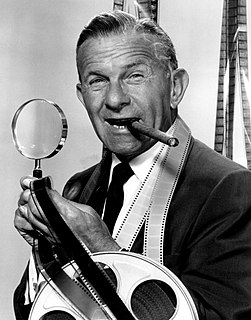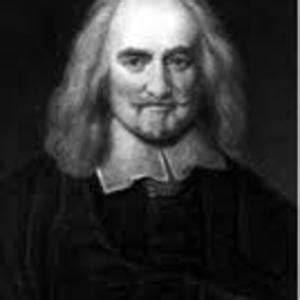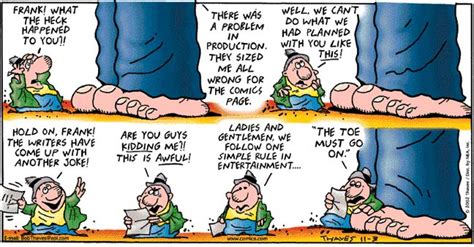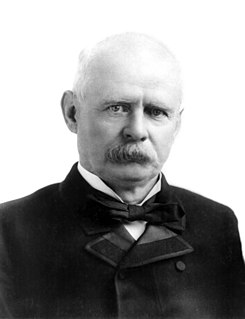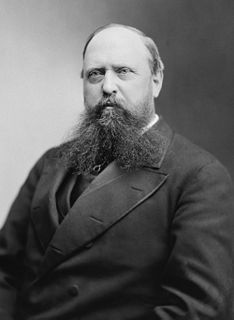A Quote by Thomas Bailey Aldrich
Everyone has a bookplate these days, and the collectors are after it. The fool and his bookplate are soon parted. To distribute one's ex libris is inanely to destroy the only significance it has, that of indicating the past or present ownership of the volume in which it is placed.
Quote Topics
Related Quotes
Money is the root of all evil.' Then we hear, 'A fool and his money are soon parted.' What are they talking about? If money is so evil, shouldn't it be, 'A wise man and his money are soon parted'? And another thing, how does a fool get money in the first place? I know some fools who have a lot of money, but they won't tell me how they got it, and I won't tell them.
My concern today is with the painting of manners of the present. The past is interesting not only by reason of the beauty which could be distilled from it by those artists for whom it was the present, but also precisely because it is the past, for its historical value. It is the same with the present. The pleasure which we derive from the representation of the present is due not only to the beauty with which it can be invested, but also to its essential quality of being present
In preparing the present volume, it has been the aim of the author to do full justice to the ample material at his command, and, where possible, to make the illustrations tell the main story to anatomists. The text of such a memoir may soon lose its interest, and belong to the past, but good figures are of permanent value. [Justifying elaborate illustrations in his monographs.]
These tenses-past, present and future-are not the tenses of time; they are tenses of the mind. That which is no longer before the mind becomes the past. That which is before the mind is the present. And that which is going to be before the mind is the future. Past is that which is no longer before you. Future is that which is not yet before you. And present is that which is before you and is slipping out of your sight. Soon it will be past.
History in Burckhardt's words is 'the record of what one age finds worthy of note in another.' The past is intelligible to us only in light of the present; and we can fully understand the present only in light of the past. To enable man to understand the society of the past and to increase his mastery over the society of the present is the dual function of history.
But the past does not exist independently from the present. Indeed, the past is only past because there is a present, just as I can point to something over there only because I am here. But nothing is inherently over there or here. In that sense, the past has no content. The past - or more accurately, pastness - is a position. Thus, in no way can we identify the past as past
Originally the structure was . . . a modern narrator who would appear intermittently and talk about his memories of his grandmother, which would then be juxtaposed against scenes from the past. But the stories from the past were always more interesting that the things in the present. I find this almost endemic to modern plays that veer between past and present. . . . So as we've gone on developing GOLDEN CHILD, the scenes from the past have become more dominant, and all that remains of the present are these two little bookends that frame the action.
He who travels much has this advantage over others – that the things he remembers soon become remote, so that in a short time they acquire the vague and poetical quality which is only given to other things by time. He who has not traveled at all has this disadvantage – that all his memories are of things present somewhere, since the places with which all his memories are concerned are present.

